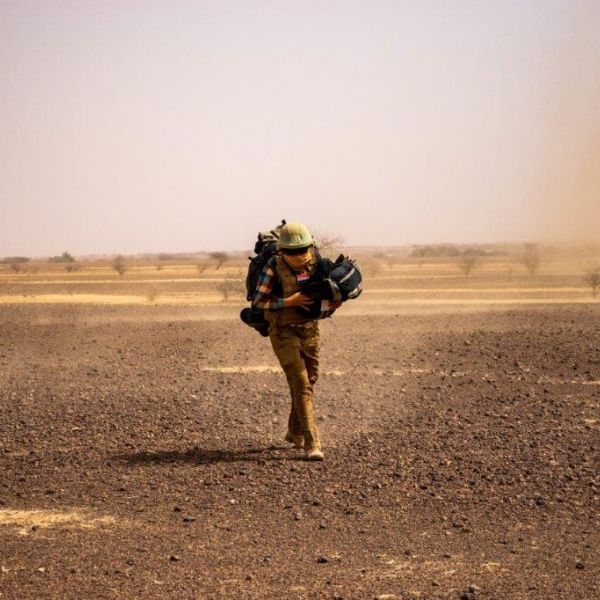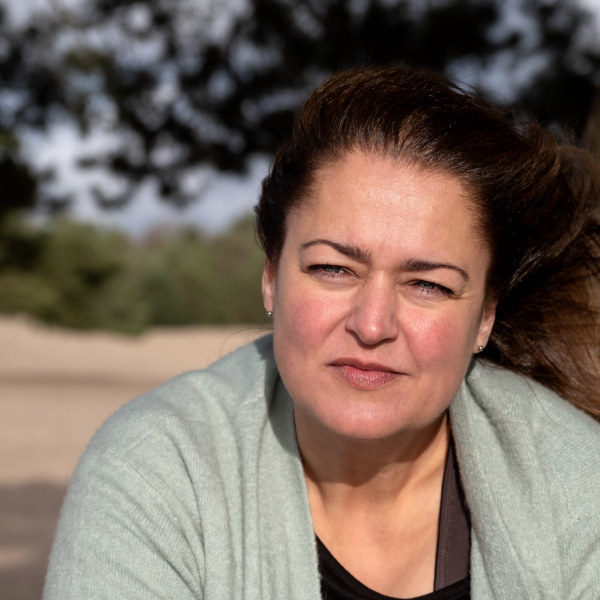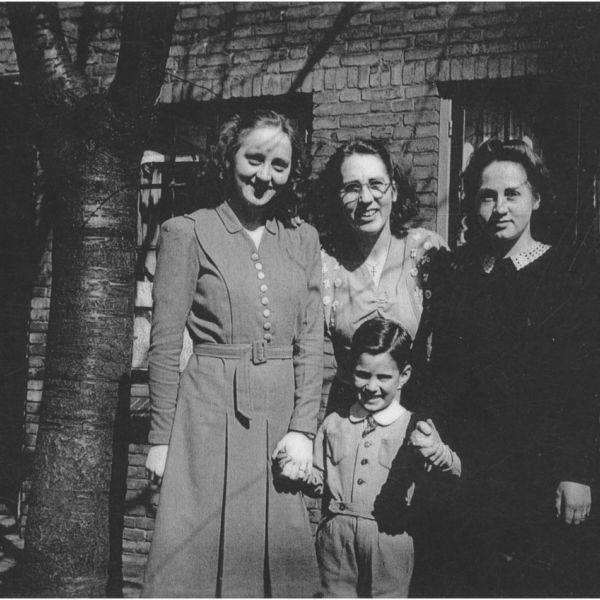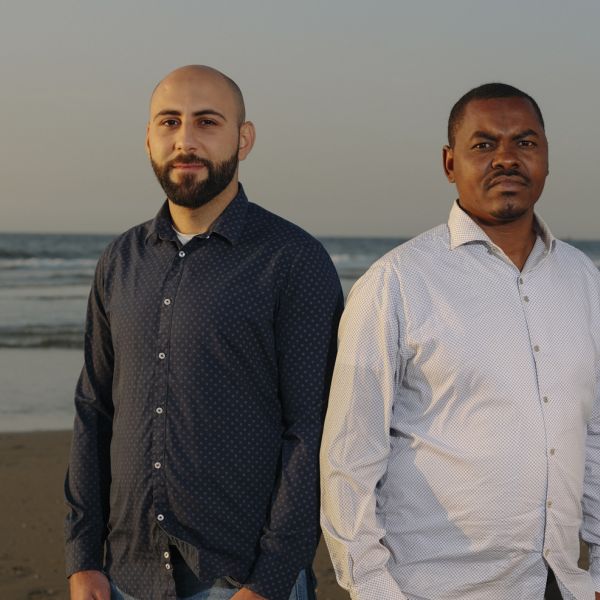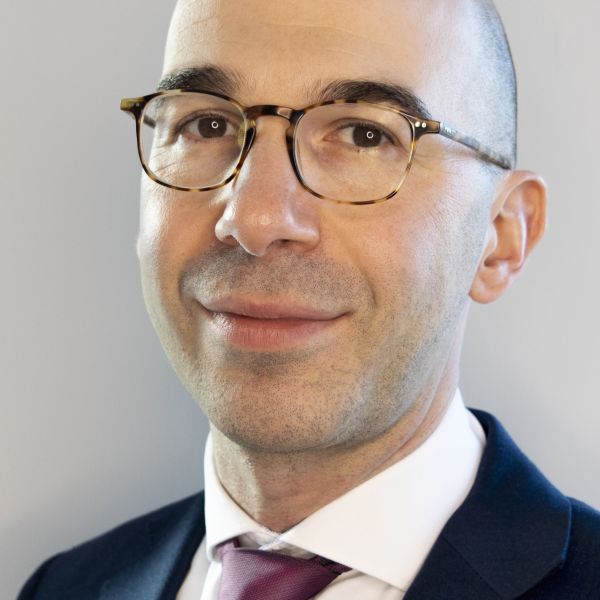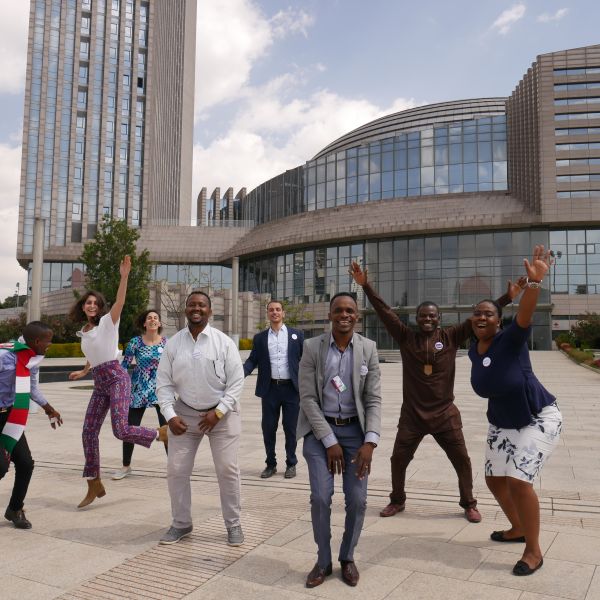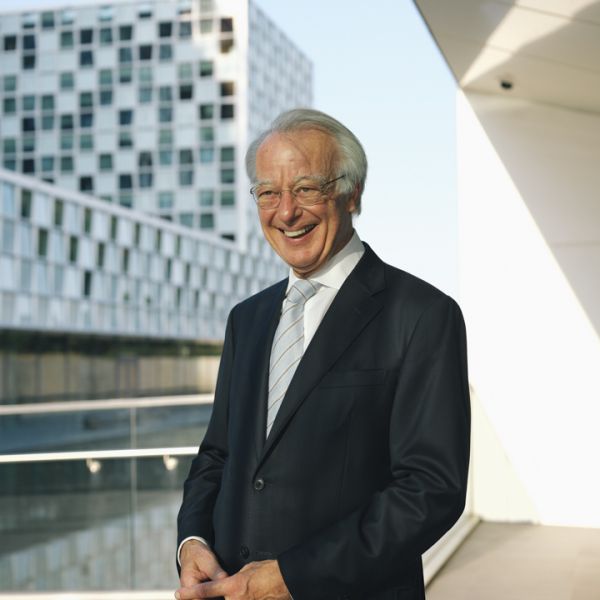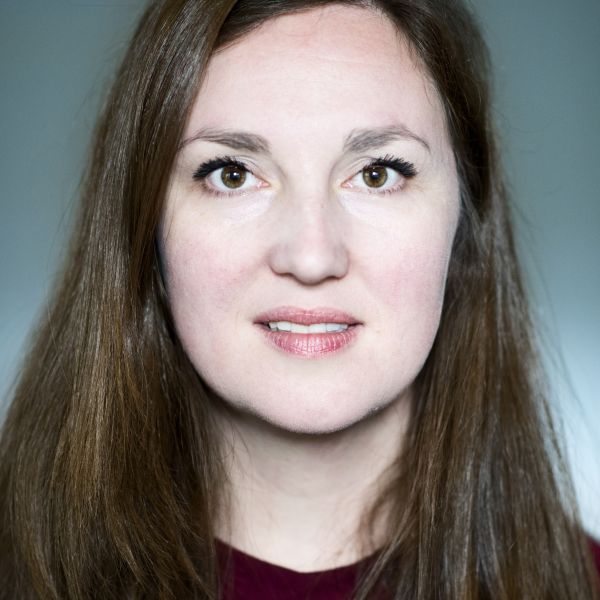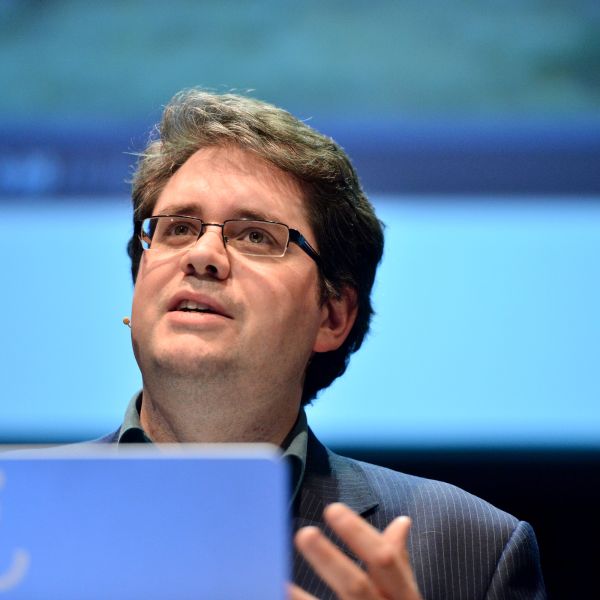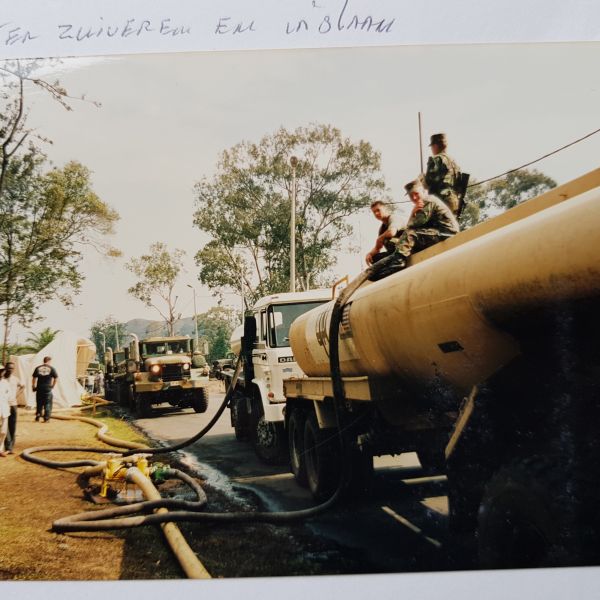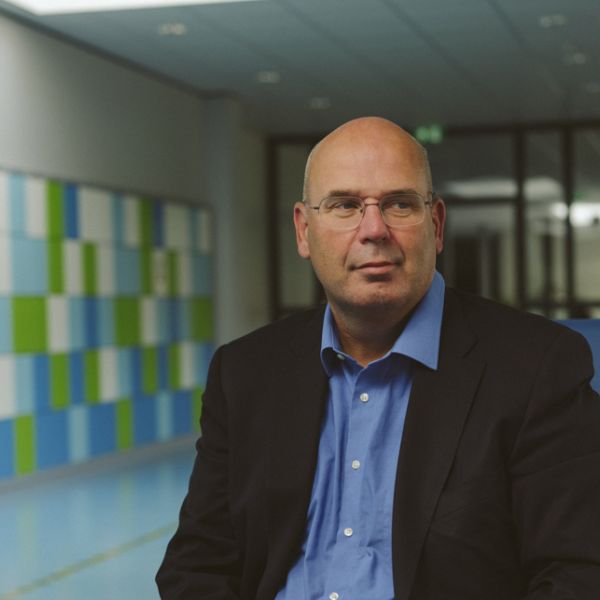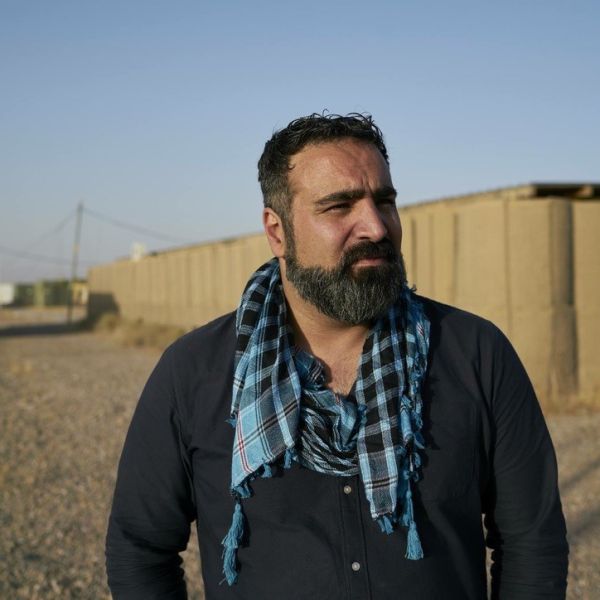75 years of UN in 75 stories: Nasser Kalantar
Iranian-Dutch nuclear physicist and professor Nasser Kalantar (1960) experienced the UN sanctions against scientists of Iranian origin first-hand. He fought against the restrictions that the sanctions imposed upon him, and he won.
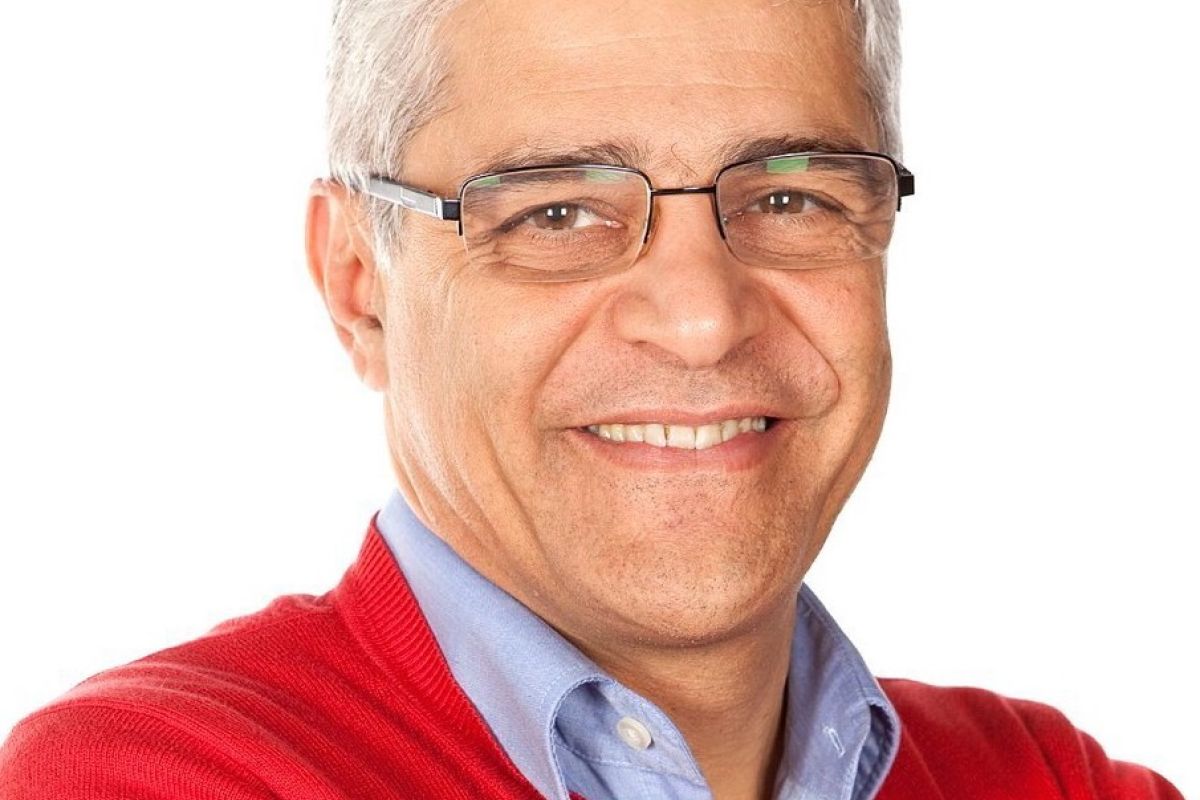
Starting in 2006, the UN Security Council adopted a number of resolutions in an attempt to prevent Iran from conducting nuclear research. The Iranian government’s refusal to be deterred by these resolutions led to drastic sanctions being imposed on the country.
Since its founding in the wake of the Second World War, a war that ended with atomic bombs being dropped on Nagasaki and Hiroshima, the United Nations has been dedicated to stopping the proliferation of nuclear weapons. The relationship between the United States and the Soviet Union deteriorated very quickly after WWII; both “winners” wanted to expand their sphere of influence in the post-war world. This Cold War led to an arms race, all the while pushing towards the development of nuclear weapons: atom bombs and hydrogen bombs.
The first resolution ever adopted by the General Assembly of the UN addressed the risks and dangers of nuclear research, and urged total disarmament. Since then, there have been a number of treaties designed to control nuclear weapons.
Iran’s nuclear programme is the product of cooperation between the United States and the Shah of Iran, who was supported by the US during the Cold War years. Despite post-war disarmament programs, Iran continued this programme after the Cold War. Many countries have imposed sanctions on Iran for violation of UN agreements. In 2017, 122 countries of the General Assembly signed on to a convention that bans nuclear weapons entirely. Despite reports about the Iranian nuclear programme, it is not known for certain that Iran is developing nuclear weapons. Nine other countries (the United States, Russia, France, England, India, China, Israel, Pakistan and North Korea) do have nuclear weapons.
“The most dangerous form of discrimination is a government that discriminates; you have to fight against that”
“My work as a nuclear physicist was impeded by the sanctions of 2006. I couldn’t go to the nuclear power station in Petten for meetings there, and I couldn’t go to Delft University of Technology to attend a lecture. Apparently, it didn’t matter that I had lived here for thirty years and had a Dutch passport. All people of Iranian background were being treated as collectively guilty until proven innocent – that’s discrimination.
We won the lawsuit we filed against the sanction scheme resoundingly in the lower court, on appeal, and in the Supreme Court. But we never got any kind of apology from the government. Last year, I saw Minister Blok [Foreign Affairs] on TV talking about a suspicious case at Delft University of Technology, and saying that because of that case everyone with an Iranian background had to be screened. If you can’t expect a minister to properly understand the outcome of a court case, how can you expect ordinary people to do so?
“All people of Iranian background were being treated as collectively guilty until proven innocent – that’s discrimination”
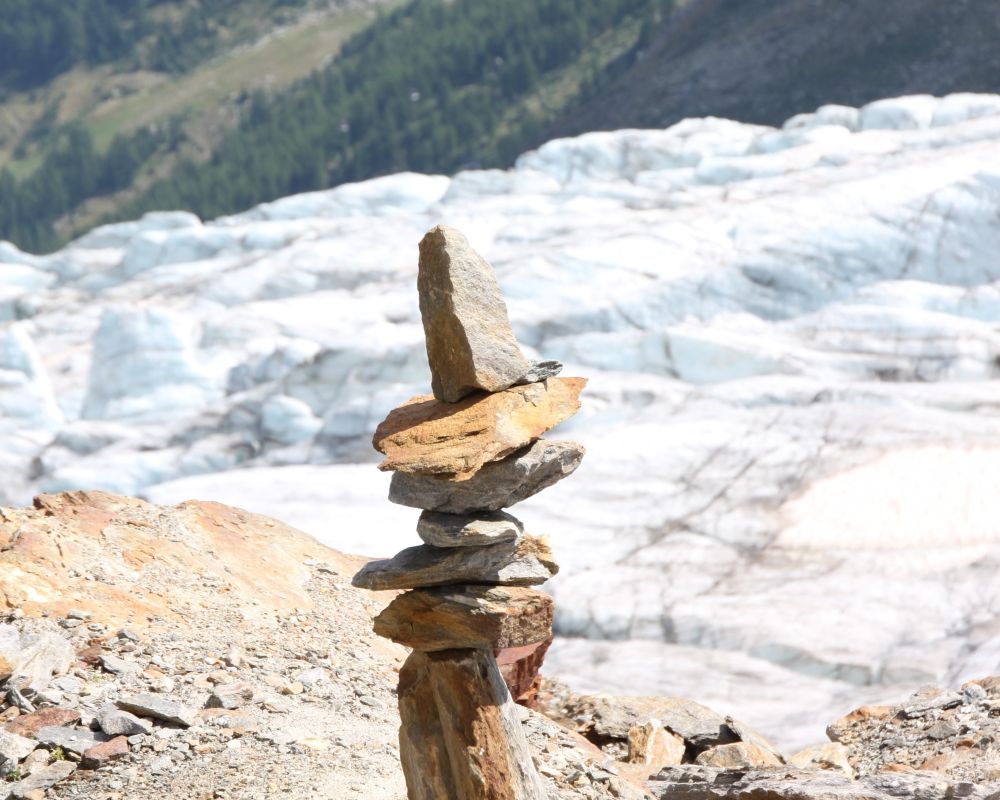
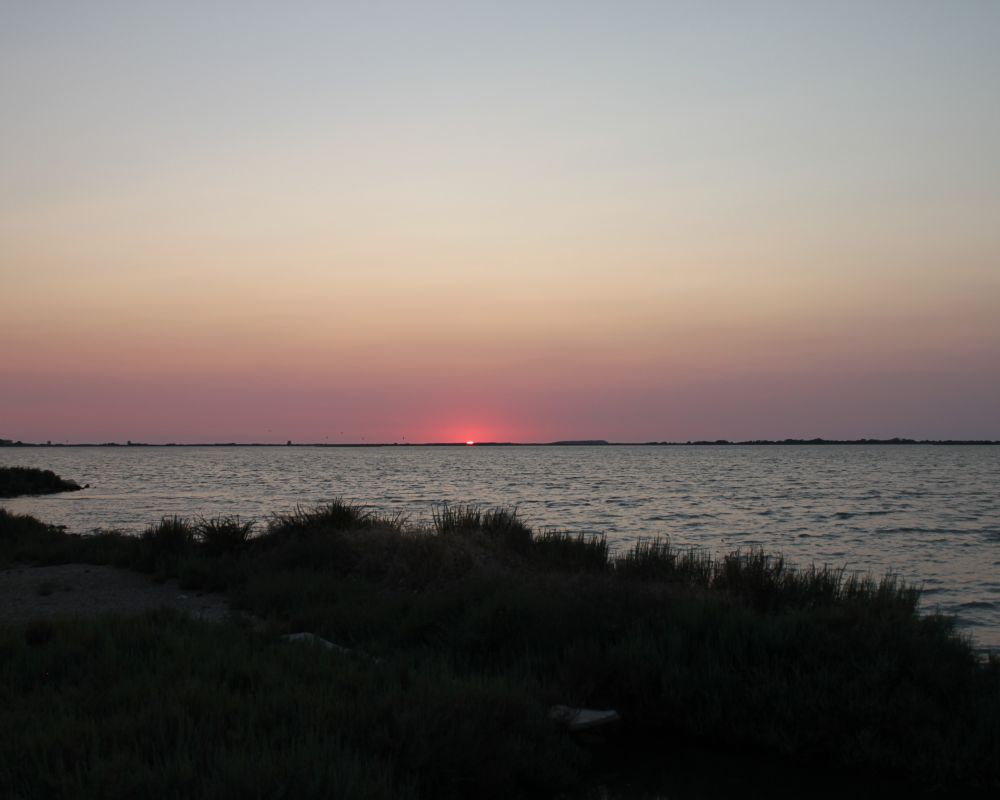
The most dangerous form of discrimination is a government that discriminates; you have to fight against that. Even knowing that a court case will take years and cost so much energy, like mine did. The people around me tried to talk me out of even doing it. But I am a man of principle; that’s something I got from my parents. They always told me, ‘If you see something wrong happening, you have to call it out, even if that gets you into trouble. Never just be a silent observer.’
If there’s something I don’t agree with, I say so. While I was studying in America, that sometimes got me very nasty responses, like: ‘If you don’t like it, why don’t you just leave?’ Discrimination is very deeply rooted in America. My wife and I decided that we didn’t want to bring our kids up in a country like that. So we chose to come to the Netherlands, but discrimination is sadly present here too, often below the surface. But here you can actually talk about these things and there is a functioning legal system.”
Er is slechts één plek op aarde waar bijna alle landen van de wereld met elkaar aan tafel zitten: de Verenigde Naties. De VN richt zich op kwesties die de grenzen van landen overstijgen of zelfs de hele wereld aangaan, zoals vrede en veiligheid, klimaatverandering, onderwijs, gezondheid, cultureel erfgoed, economische ontwikkeling, en meer. Voor velen lijkt het werk van de VN erg abstract, maar door in gesprek te gaan met reddingswerkers, vredeshandhavers, hulpverleners, diplomaten, ooggetuigen, soldaten, en anderen die betrokken zijn bij de VN, wordt duidelijk hoe belangrijk het werk van deze organisatie is. Dit is precies wat het Humanity House heeft gedaan. Helaas heeft deze organisatie zijn deuren moeten sluiten, maar Just Peace en Museon-Omniversum hebben de handen ineengeslagen om hun verhalen te bewaren. Je kunt deze verhalen nu vinden op de website van Just Peace, en een deel ervan is ook opgenomen in een tentoonstelling over de VN in Museon-Omniversum.
The 75 Years of UN Stories were collected and curated by Frederiek Biemans for Humanity House.
